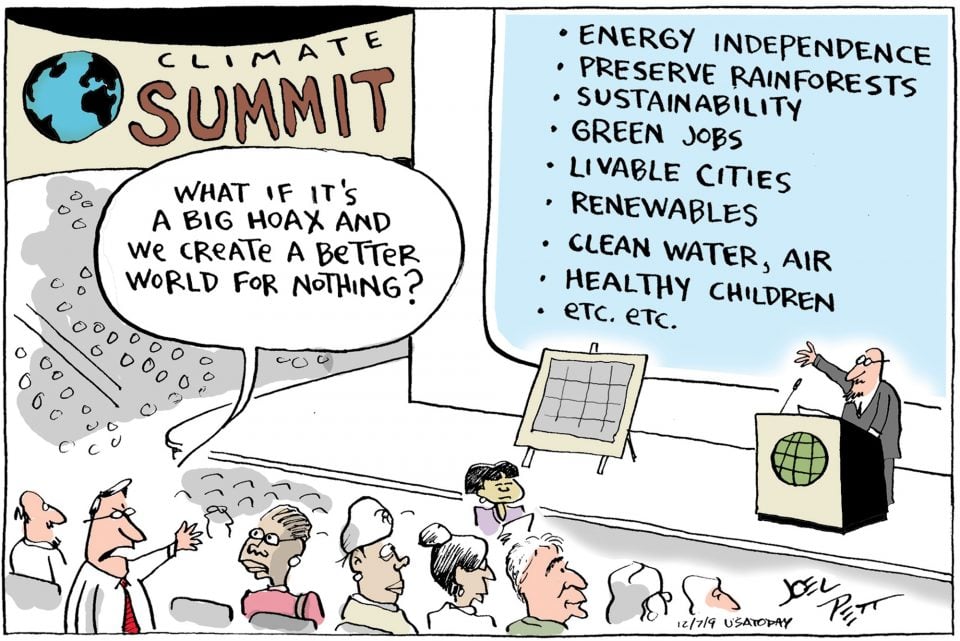this post was submitted on 02 Feb 2024
1883 points (98.8% liked)
Comic Strips
16778 readers
27 users here now
Comic Strips is a community for those who love comic stories.
The rules are simple:
- The post can be a single image, an image gallery, or a link to a specific comic hosted on another site (the author's website, for instance).
- The comic must be a complete story.
- If it is an external link, it must be to a specific story, not to the root of the site.
- You may post comics from others or your own.
- If you are posting a comic of your own, a maximum of one per week is allowed (I know, your comics are great, but this rule helps avoid spam).
- The comic can be in any language, but if it's not in English, OP must include an English translation in the post's 'body' field (note: you don't need to select a specific language when posting a comic).
- Politeness.
- Adult content is not allowed. This community aims to be fun for people of all ages.
Web of links
- [email protected]: "I use Arch btw"
- [email protected]: memes (you don't say!)
founded 2 years ago
MODERATORS
you are viewing a single comment's thread
view the rest of the comments
view the rest of the comments

If things progress as they are, with accelerating warming, in 20 years the economies start to break down and money can't buy you things anymore. Making money is over by then.
I've given this a lot of thought since the comic above was first published, actually. I think it really reduces to the Tragedy of the Commons. This is where everyone involved sees a limited resource and "gets theirs" since there will always be someone else to do the same if you don't. That explains petroleum writ large, but I think it also explains general wealth hoarding and exploiting market forces for gain. If you don't, the next guy will.
So if the global economy really is headed for a collapse in 20 years, you can bet these animals will spend 19.5 years making cash that other people can't. The remaining few months will be spent buying their way out of the hole they dug, assuming they can get the timing right.
But the tragedy of the commons is possible due to other circumstances. One of that is a different model of ownership that is used now. If land is owned, you can use it was you want. That's your right. Something that's not owned, like the sea of air, is can be exploited. In the past, there was shared ownership over lands, and if you tried to exploit it you got slapped. Or you only owned something for a time and then came a reshuffle according to their needs. What we have now is en exercise in how far you can take individual ownership until it breaks.
And in the past, there was more a steady state model. Population only grows slowly. Now with fast growing population. Back then you also had money as a hard currency. You wanted more, you had to dig more out of the ground. Now we have a monetary system that gets its value by promising even more value tomorrow. It forces growth on everybody and everything basically as a religion.
Combine the two and things go horribly wrong.